Effective Practices for Working with Children with Sexual Behavioral Problems (Part 2 of 2)
TCC 1500 Commerce St, Tacoma, WA, United StatesParticipants will learn how to assess the sexual behaviors of children under the age of 12 years and categorize what is normal sexual behavior, concerning behavior, and need of professional intervention. How to make effective safety plans and supervision rules for child and family. How to report and who to report to. Participants will then be able to use tools for intervening on sexually reactive, normal sexual curiosity, and children who are sexually abusive to others.
Participants will learn how to teach different boundaries both body and feeling boundaries and the feelings of shame and how to effectively manage the feelings of shame.
Participants will also be able to identify all the ways that kids can get into serious trouble for sexual behavior, distorted thinking that leads to sexual behaviors, and the feelings about one's self.
Participants will then learn how to work with kids on their own victimization, the clarification process of talking about the behavior (with the other child if that's possible that might have been involved) and how to maintain the safety plan over time.
Effective Practices for Working with Children with Sexual Behaviors Part II
Working with the Family and Supports
Participants will learn about reporting
How to safety plan with siblings
Interventions for children who have been victimized
Supervision plans with children who have two homes
Parent support and education and co-parent
Group skills with children with sexual behavioral problems
Empathy building in group work
Clarification work in groups
Family groups
